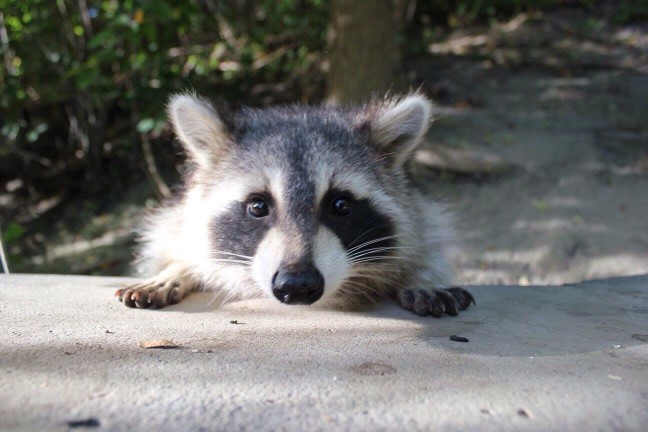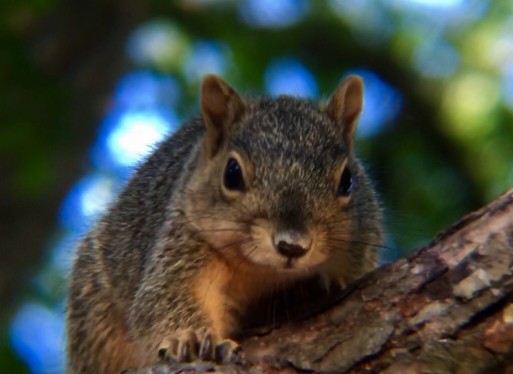A new conservation center asking for help

As human development continues to increase and grow outward, the need for human intervention in providing habitats for animals is also increasing. Increased development oftentimes means that many trees are being cut down to make space for new buildings or homes. A new wildlife conservation center in North Carolina saw the need to combat this process in a creative way. Earlier this month, the center asked people to donate their old Christmas trees for the animals that they care for. Currently, the center cares for a variety of species including possums, squirrels, turtles and groundhogs. This year, they will begin treating skunks, foxes, bats and raccoons.
Many people encounter wildlife from time to time. Many people, however, do not know what to do should they happen upon an injured animal or an orphaned animal. The Nature Center in Asheville, offered tips for residents for when they come across these types of situations. Many times, human intervention with orphaned or injured animals can do more harm than good if you do not know what you are doing. Moving an animal or taking it into your home can do irreversible damage to them and their natural instincts.
For tips on animal removal, visit Triangle Wildlife Removal & Pest Control, Inc.
A new NC wildlife conservation center wants Christmas trees for animals
The 105-acre Carolina Wildlife Conservation Center may be new this year, but it has already served about 1,000 animals. “Lots of areas are being developed, trees are being taken down, and the trees I see as wildlife’s homes,” Morgan Rafael says. “So, they’re coming in contact with humans more, cars more.”
They treat animals like possums, squirrels, turtles, and groundhogs. In 2020, because of new laws, they will also be able to treat foxes, skunks, raccoons, and bats. See more
Summary: A new wildlife conservation center in North Carolina saw the need to combat this process in a creative way. Earlier this month, the center asked people to donate their old Christmas trees for the animals that they care for.
A new NC wildlife conservation center wants your Christmas trees for its animals https://t.co/GhWEFqrJwS
— Focus on the good news (@Focusonthegood6) December 28, 2019
When animals can’t survive in the wild
Food, whether it is left out intentionally for wildlife or otherwise, often becomes the driving force drawing wild animals into our neighborhoods. As previously untouched habitat becomes developed, many of our native animals will adapt to a new way of life and may begin to rely on their new neighbors to provide their basic needs.
While these animals are searching for shelter, food and water, we subject them to more danger than they may have faced otherwise. Many species fall victim to cars and trucks while domesticated animals remain a near constant threat. Learn more
Summary: The Nature Center in Asheville, offered tips for residents for when they come across these types of situations. Many times, human intervention with orphaned or injured animals can do more harm than good.

